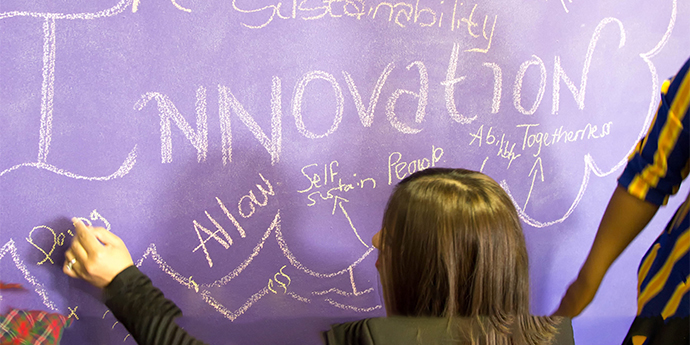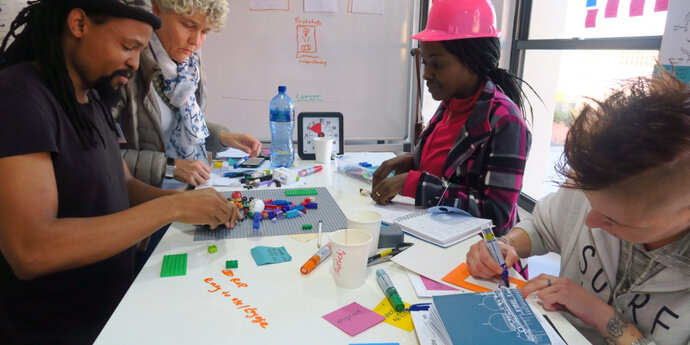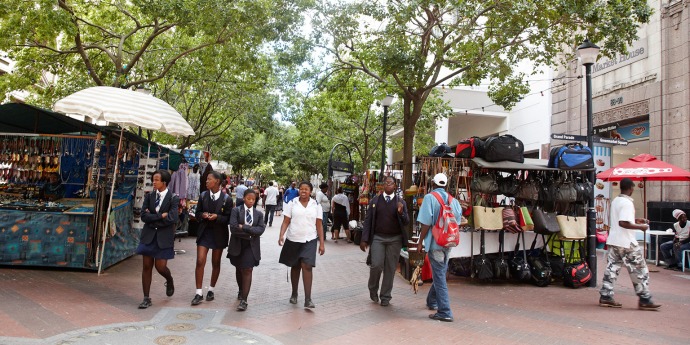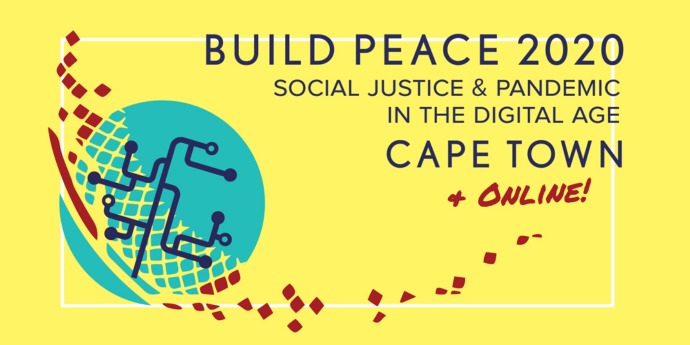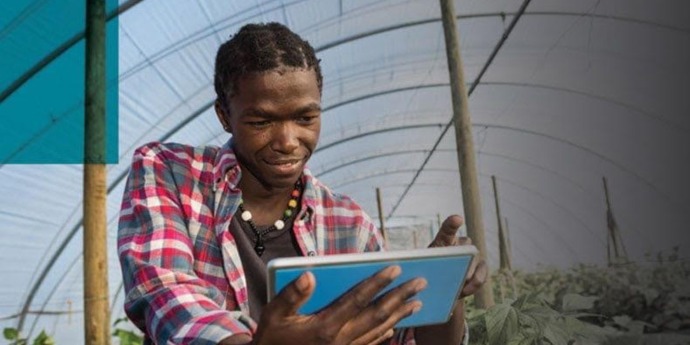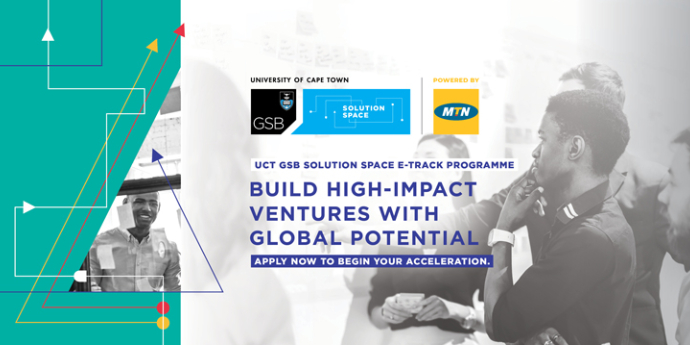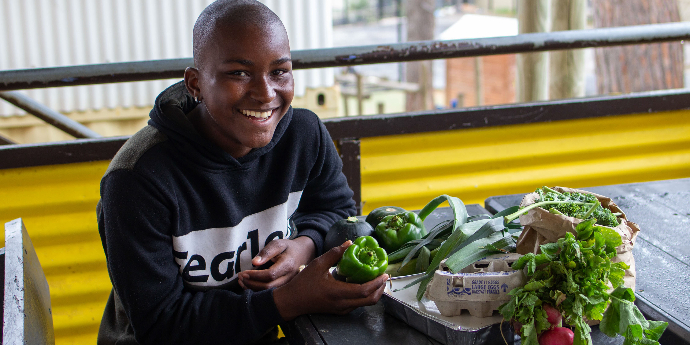Pundits and commentators anticipate a shift in global economic power in favour of emerging economies, with the likes of China, India and Indonesia expected to form the vanguard. But Africa is often left out of this conversation.
This year’s Entrepreneurship Conference is inserting Africa back into the story of economic power redistribution. “We want to explore how we, as entrepreneurs, can best position ourselves to see a more prosperous future for the continent,” explains Mr Wisani Shilumani, MBA candidate and chairperson of the UCT GSB Entrepreneurship Club.
While the continent’s estimated population of 1.3 billion is often framed as a burden, it’s the youth segment – the some 60% of the population who are under 25 – that could be Africa’s greatest asset, notes Shilumani. If the continent takes its cue from China, where economic transformation – triggered by the opening of its economy in the late 1970s – raised average incomes, lifted millions out of poverty and created new opportunities, Africa could become a global force by leveraging its wealth of human capital.
“In being home to a young and growing population that is ready to be productive,” says Shilumani, “Africa is uniquely positioned to take its place on the global stage as an economic powerhouse in the coming decades.”
To explore Africa’s future, and how it can be driven by entrepreneurs, the Entrepreneurship Club has assembled a diverse line-up of speakers, adept at building businesses in Africa. The aim is to bring together entrepreneurs from different stages of business, with different models of business, and from different industries, says Shilumani.
“We will hear from experienced social entrepreneurs, high-growth entrepreneurs, start-up entrepreneurs, and entrepreneurs who have made their mark in the business landscape.”
Those speakers also represent different approaches to entrepreneurship. Ms Kiara Ramklass, for example, is founder and director at Marimba Jam, a social enterprise focusing on bridging the gaps of education inequality in South Africa. The Covid-19 pandemic, says Ramklass, has cast a damning spotlight on this and other inequalities, as well as on the growing fault lines in society. But in doing so, it also highlighted where the opportunities lay for entrepreneurs, she adds.
“I would encourage entrepreneurs to not ignore the social issues they witness,” Ramklass notes, “but rather look at them with the lens of opportunity – building business solutions around social issues will not only create a great impact on society, but it will also stimulate an economic environment in the new world order.”
Leaning into the online format that became de rigueur for conferences over the pandemic, the 2022 Entrepreneurship Conference will take on a hybrid format this year. Delegates can attend the event both in person at the UCT Graduate School of Business Campus at the V&A Waterfront in Cape Town, and online.
While in-person gatherings allow for stronger relationship-building, the Entrepreneurship Club made the strategic choice to retain the online format, says Shilumani. “We believe that this conversation is far bigger than us,” he says. “We hope to encourage entrepreneurs from all over the world to join the conversation and find inspiration to build businesses that will be the catalysts in their own local economies.”
The in-person tickets will include refreshments, lunch, and networking opportunities.
For more information and to register for the conference, visit: https://www.gsb.uct.ac.za/event/227/12th-annual-entrepreneurship-conference




















